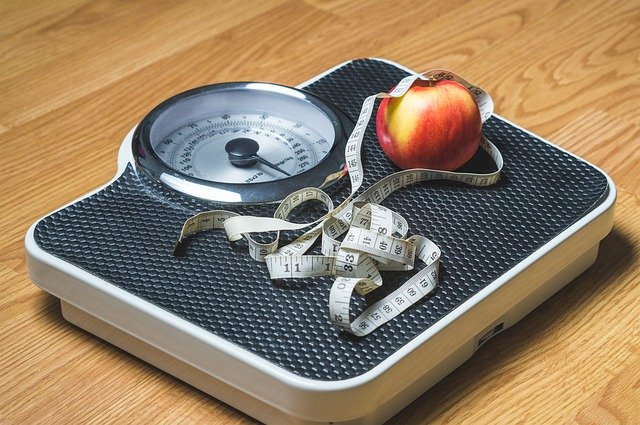
If you want to lose weight successfully, research suggests that the combination of a low-calorie diet and regular exercise is very important.
This combination may also help reduce your belly fat and increase your fitness.
Researchers from the National Institute of Health provide recommendations for successful weight loss.
First, you should use BMI and waist circumstance to assess overweight and obesity. Body weight alone can be used to follow weight loss and to determine the effectiveness of therapy.
Use the BMI to check if you are overweight and obesity and to estimate the risk of disease compared to normal weight.
The waist circumference can help you measure belly fat more effectively than BMI. Belly fat can be a big risk factor of many chronic health conditions, such as heart disease, cancers, and type 2 diabetes.
Second, try Low-calorie diets (LCD) for weight loss to fight overweight and obesity. Reducing fat in your diet is a practical way to reduce calories.
Having less fat in your diet without reducing calories is not effective for weight loss. However, reducing dietary fat and reducing carb together can help cut calories.
A diet that is planned to reduce 500 to 1,000 kcal/day should be an important part of your weight loss program.
Third, you should put workout as an important part of your weight loss program.
Previous research has shown that exercise can contribute to weight loss in overweight and obese adults more effectively than using diet only.
Exercise also can help decrease belly fat, strengthen your heart and lung, and can help maintain weight loss.
You should set a long-term goal to do at least 30 minutes or more of moderate-intensity physical activity every day.
Fourth, Behavior therapy is a useful strategy when it is incorporated into your weight loss and weight maintenance plans.
The goal of your weight-loss therapy should be to lose body weight by about 10%. If you are successful in doing this, you can try to lose more weight.
After successful weight loss, you can maintain weight loss through dietary therapy, physical activity, and behavior therapy. All of the things can be continued indefinitely.
You can also use drug therapy, but drug safety and efficacy beyond 1 year of total treatment have not been established.
Finally, a weight maintenance program should be a priority after the initial 6 months of weight-loss therapy.
Copyright © 2019 Knowridge Science Report. All rights reserved.



